By Minlu Zhang at the United Nations | chinadaily.com.cn
Collaboration between China and Kenya has enabled the East African nation to bridge its infrastructure gap and achieve its development aspirations, Kenya’s ambassador to the United Nations said.
“Kenya and China have worked excellently in the past two decades. China has been a crucial partner in Kenya’s initiative to build its infrastructure, to close its infrastructure gap,” Martin Kimani, Kenya’s permanent representative to the UN, told China Daily in a recent interview.
Kenya has been an active participant in the China-proposed Belt and Road Initiative, and China has been a key supporter of many modern infrastructure projects in the African nation, including expansion of railway and road networks, construction of ports and dams, development of industries and advancement of digital connectivity.
A classic example of Sino-Kenyan collaboration is the Mombasa-Nairobi Standard Gauge Railway, which runs from Mombasa on the Kenyan coast to the Rift Valley in the center of Kenya, connecting the country’s capital and its largest port city, Kimani said.
The SGR is among Kenya’s most expensive infrastructure projects, according to People’s Daily.
Developing infrastructure is key to bolstering economic growth, and China has experienced it, the envoy said. Kenya aspires to be a manufacturing, services and export hub, and is “very happy” that its infrastructure gap is reducing, which means “our development aspirations are being met”, he added.
Kimani dismissed allegations made by some countries that the BRI is a “debt trap”.
“I think there’s plenty of evidence that they (the allegations) are not accurate, and that they are unfair on the relationship between China and different countries,” he said.
The envoy said it is important for China to take a leadership role in order to ensure that the debts of other developing countries are sustainable. “It doesn’t mean that China has a ‘debt trap’. … If China indeed is a strong partner, then China will take even greater care to make sure that the debts are sustainable.”
Countries that accuse China of using a “debt trap” are merely trying to find a way to minimize the extent of partnership between China and African countries, Kimani said.
“I think this is not fair; not only on China but also on us who are working with China,” he said.
Kimani said that Kenya has always been open to partnering with nations that are fair and can understand its aspirations. “If China has done that, then China should not be blamed.”
Given China’s rapid economic growth over the years, Kenya is hopeful of advancing cooperation within the framework of a new initiative proposed by China — the Global Development Initiative, he said.
During the 76th session of the UN General Assembly in 2021, Chinese President Xi Jinping proposed the GDI with the aim of supporting a global development partnership and accelerating the progress of achieving all 17 Sustainable Development Goals of the 2030 Agenda for Sustainable Development, according to the UN.
As of October 2022, more than 100 countries and international organizations have shown their support for the GDI, with 68 countries joining the Group of Friends of the GDI at the UN, according to China’s Permanent Mission to the UN.
China’s economy has grown extremely fast, and today, it is one of the largest economies in the world, Kimani said. China should “use the size of its economy to boost development opportunities in countries such as Kenya”, he said, underlining his expectations from the GDI.
Kenya recognizes the significance of infrastructure development in supporting export-oriented growth, and envisions a similar progress for itself, Kimani said, adding that once Kenya began pushing development of its infrastructure, the country’s economic prospects vastly improved.
As Kenya’s economy continues to grow, the envoy said he envisions a potential shift in the trade dynamics between China and Kenya.
Perhaps in the coming years, China will become an importer of certain goods manufactured in Kenya, he said. “The size of China’s economy means that the demand of prosperous Chinese citizens needs to be met.”
Kenya is China’s largest trading partner in East Africa. In 2022, the trade volume between China and Kenya soared to $8.52 billion, a 22.9 percent year-on-year increase, according to the Chinese Foreign Ministry.
The success of Kenya’s fresh avocados in the Chinese market is another example of the countries’ growing partnership. Since their introduction last year, the avocados have gained popularity in China, driving the growth of the avocado-export industry in Kenya.
As of June, more than 3,000 tons of Kenyan avocados reached China via Shanghai Guorui Information Technology Co, according to the importer.
The thriving trade has not only brought substantial benefits to more than 3,200 local growers in Kenya but has also created avenues for increased participation in the avocado business, Xinhua News Agency reported.
Kenya’s political stability, investor-friendly legal regulations and highly competitive workforce make it an ideal location for businesses to operate, Kimani said, adding that Nairobi is home to the regional headquarters of many Fortune 500 companies.
Nairobi, which also houses the UN’s Africa headquarters, fosters an ecosystem that appeals to numerous companies, Kimani said. “And, of course, we want more companies, especially Chinese companies, to come and do more in Kenya.”
The envoy identified similarities between China and Kenya, fueling optimism for their future economic relationship. He said that “China is a large and diverse economy”, and Kenya and China “can draw up areas of mutual interest” to establish cooperation in various fields.
Source: https://www.chinadaily.com.cn/


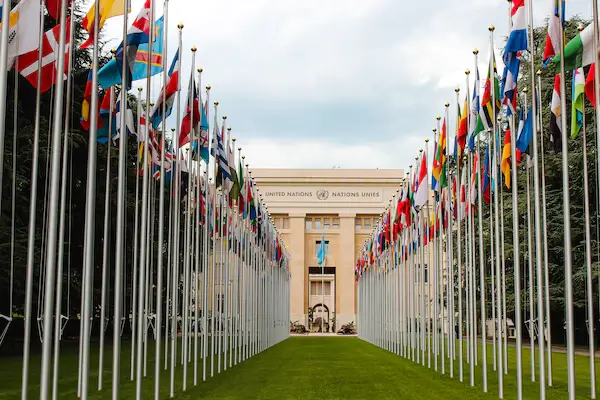
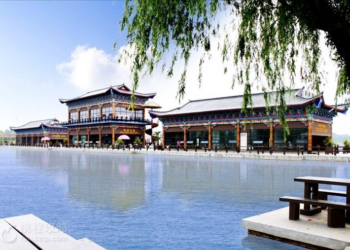
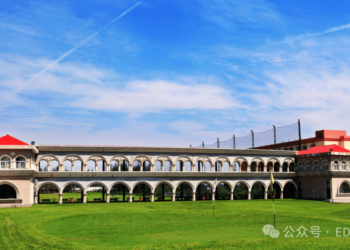
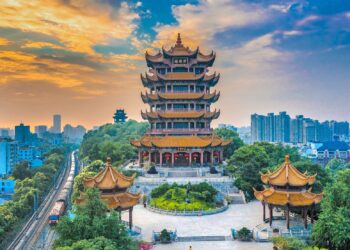
![[Guangxi], 0 Tuition, 0 Dorm, Bachelor Scholarship](https://news.eduprchina.com/wp-content/uploads/2024/07/南宁1-350x250.jpeg)
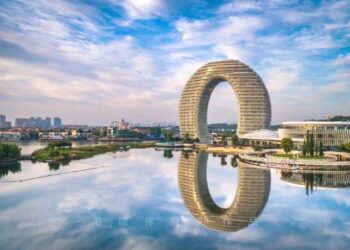
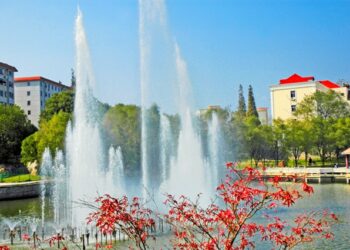

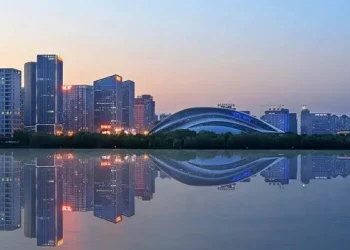
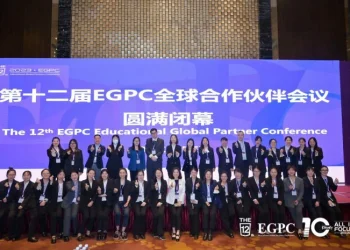



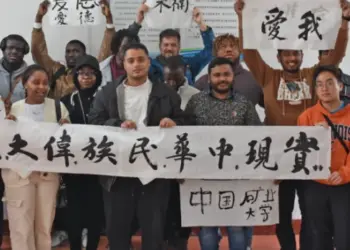


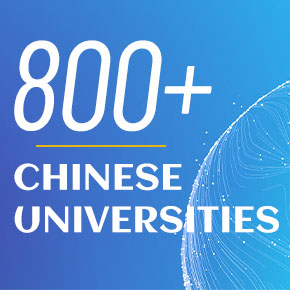

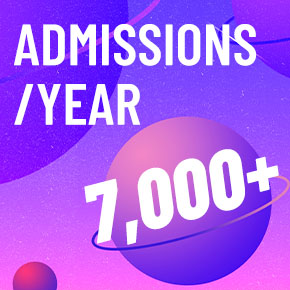
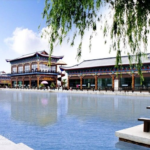

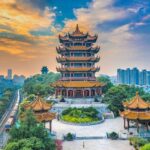









This Post Has 0 Comments